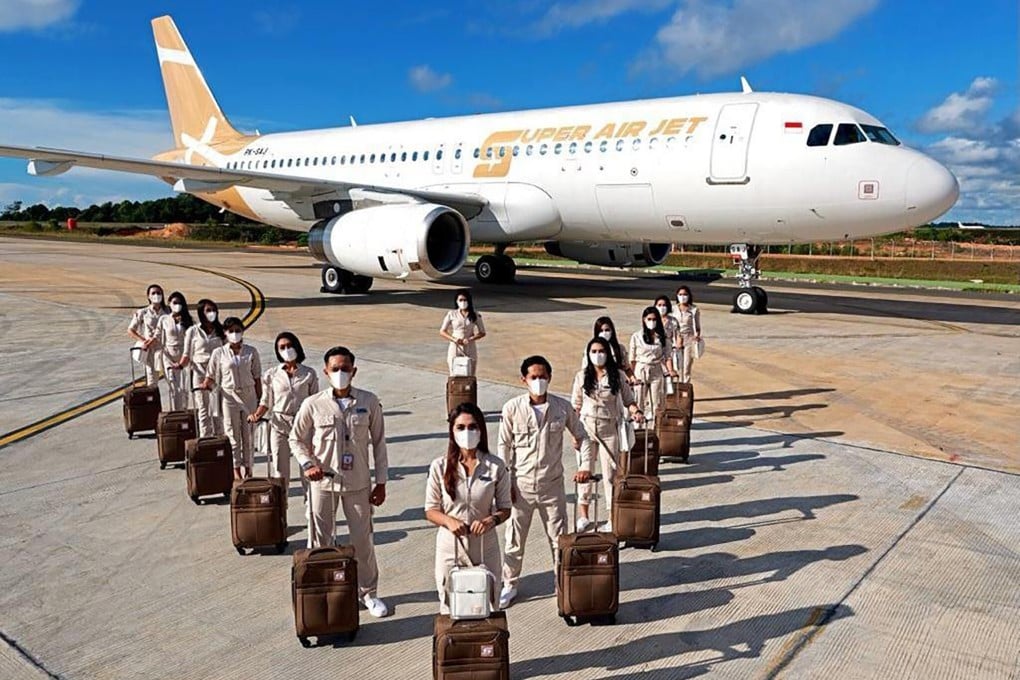Indonesia’s new airline Super Air Jet bets on millennials and post-coronavirus travel bounce
- The low cost carrier, which is expected to launch around the middle of the year, will compete with Indonesia AirAsia and Citilink
- Despite reportedly being backed by Lion Air co-founder Rusdi Kirana, it is dissociating itself from the country’s biggest airline

It is the first new airline to launch in 10 years in Southeast Asia’s largest economy, an archipelago of more than 17,000 islands.
But first, it is making clear that it has no links to the country’s largest airline in terms of passenger numbers, Lion Air. This even though one of the new carrier’s shareholders is reportedly Rusdi Kirana, co-founder of Lion Air Group and Indonesia’s former ambassador to Malaysia. Super Air Jet’s CEO Ari Azhari is also a former general manager at Lion Air Group.
On Monday, a Lion Air spokesperson told Indonesian media that the new airline was not part of the group. Rusdi and his brother Kusnan, who are Indonesian-Chinese, started Lion Air in 1999 to offer no-frills, low-cost travel to price-conscious Indonesians.
Last year, Lion Air and its sister company, full-service Batik Air, were the biggest local carriers, with a market share of 35.3 per cent and 17.3 per cent respectively, according to the Transport Ministry. Flag carrier Garuda Indonesia and its low-cost subsidiary Citilink sat at fourth and third place, with 13 and 15.3 per cent respectively.
The move to dissociate Super Air Jet from Lion Air does not seem related to reputation issues.